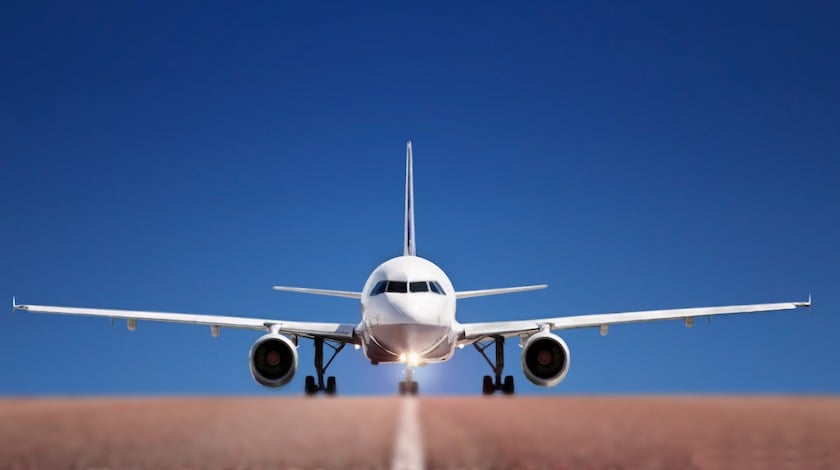Photo: thebestnewsis.com
Reading Time: 2 minutesThe International Air Transport Association (IATA) urged the United States government and industry to work together to ensure that aviation is able to accommodate an expected 62% rise in demand for air travel to, from and within the country over the next 20 years.
Speaking at the International Aviation Club in Washington, D.C., Alexandre de Juniac, IATA’s Director General and CEO, noted that aviation already supports 6.5 million jobs in the United States and contributes over $778 billion to GDP, including aviation-supported tourism. The social and economic benefits enabled by aviation will increase as the number of passenger journeys rises to 1.26 billion by 2037, from 780 million in 2017.
De Juniac highlighted key factors necessary to ensure aviation is able to meet this increase and grow aviation’s benefits.
These include maintaining a competitive environment that stimulates innovation, and adequate infrastructure to cope with new demand.
He also urged the US to ratify the Montreal Protocol 2014 (MP14) to address loopholes in international agreements that make it difficult to bring the law to bear against unruly passengers.
De Juniac said that airlines require:
- Sufficient infrastructure capacity
- Alignment with airline technical and service level needs, and
- Affordability
In the absence of adequate infrastructure, de Juniac stressed the importance of the Worldwide Slot Guidelines (WSG) in managing scarce resources around the world. Today the WSG is being used at about 200 airports—including at New York JFK—accounting for 43% of global traffic.
Partial Government Shutdown
De Juniac also called on leaders in Congress and the Administration to work together to ensure that aviation connectivity is not endangered in the event of another government shutdown. He thanked the thousands of dedicated government employees who kept the aviation system functioning without pay during the recent five-week partial shutdown.
Business of Freedom
De Juniac emphasized aviation’s transcendent role as the Business of Freedom. “Aviation liberates us from the constraints of geography and distance. It empowers us to lead better lives and makes the world a better place.
Aviation enables globalization, which has been shown to be the most successful way to lift people from poverty.
To be sure, we must aim for a more inclusive model. But that will not be achieved with protectionist policies or trade wars. Prosperity will come with borders that are open to the movement of people and to trade. We need to state this loudly and frequently.”

